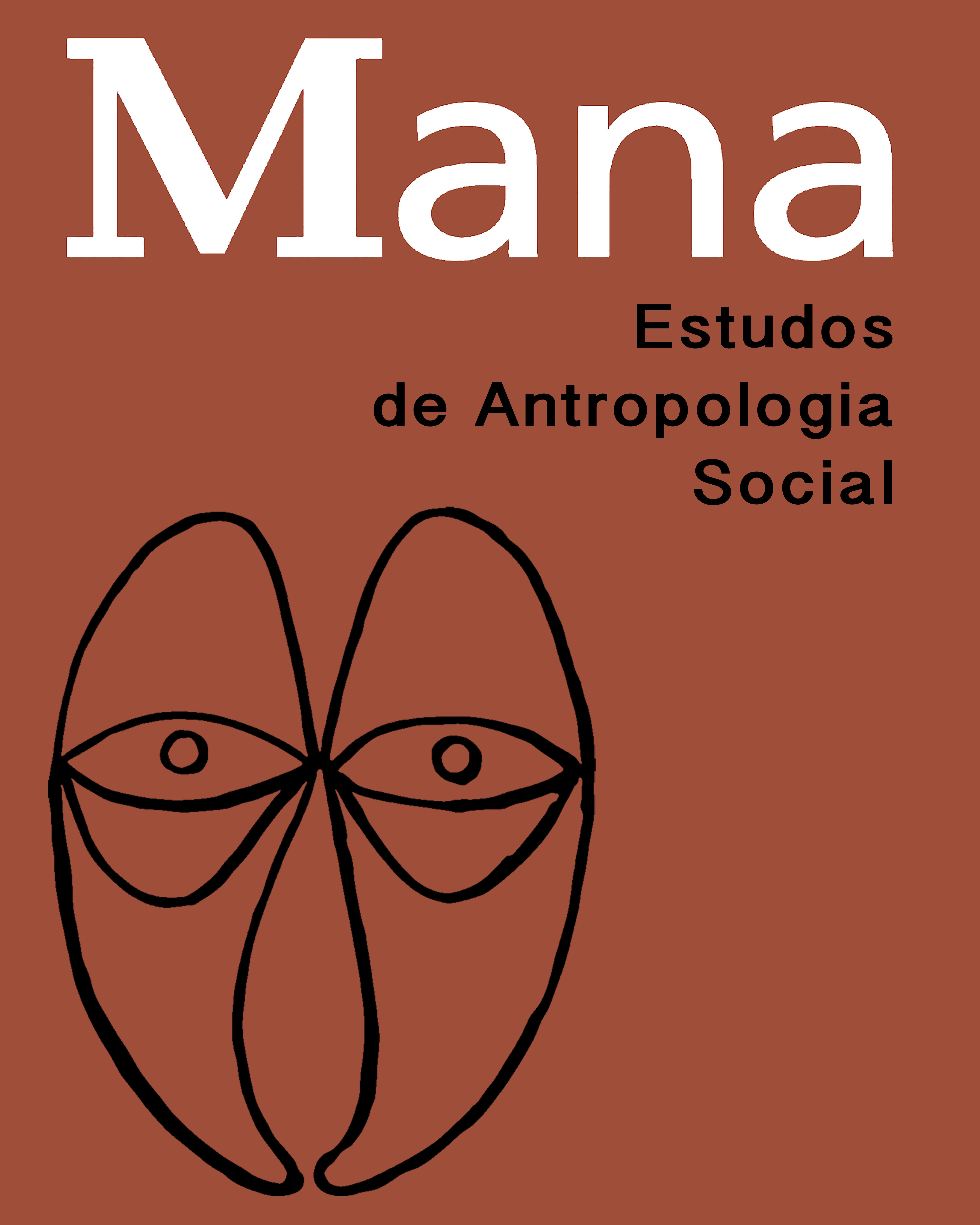Abstract
Since the beginning of the discipline, anthropologists have had recourse to forms of comparison (between practices, societies, cultures, civilizations). However, in the last decades of the 20th Century and the first decade of the 21st, comparison’s methodological condition was reconsidered as a result of theoretical developments that were critical of the concepts of culture and society, raising new questions concerning the units of analysis under inquiry. In this article, I will argue that the recent renewal of comparison situates it as an explicit (or epistemological) part of the anthropological endeavour - and not only as an implicit dimension, as the (ever-present) presupposition of our analyses. I argue that this transition from an implicit into an explicit dimension of comparison derives from its position as a value.
Key words:
Comparison; Anthropological Theory
